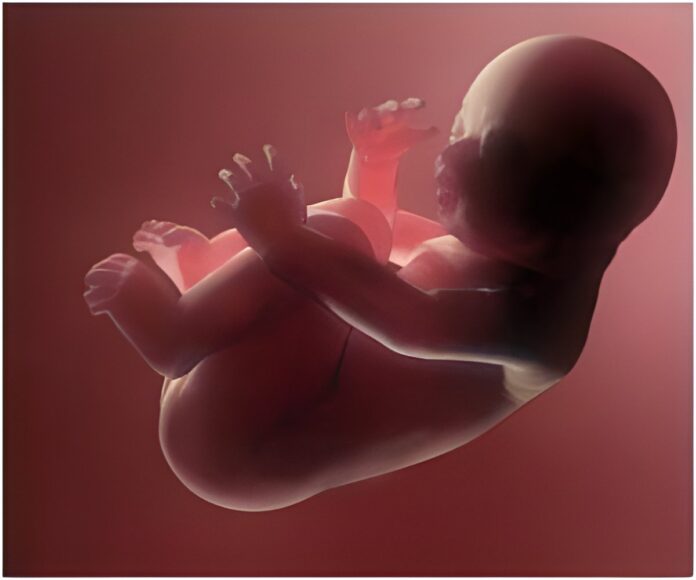Non-invasive prenatal testing (NIPT) through cfDNA offers accurate, safe screening for common fetal chromosomal disorders using maternal blood.
Imagine unlocking your baby’s genetic secrets—all from a simple blood test. Welcome to the world of Non-Invasive Prenatal Testing (NIPT) using cell-free DNA (cfDNA)—a revolutionary leap in prenatal care that offers accuracy, safety, and peace of mind. This isn’t science fiction; it’s modern medicine reshaping how we detect genetic conditions without any risk to your baby. Curious how it works? Let’s dive into the science that’s rewriting pregnancy screening forever (1✔ ✔Trusted Source
NIPT of Maternal Plasma-Originated cfDNA:
Applications and Guide for the Implementation
Go to source
).
Science Behind NIPT: How It All Works
NIPT analyzes tiny fragments of fetal DNA that circulate in the mother’s blood during pregnancy. This cell-free DNA, or cfDNA, is extracted and examined using massively parallel sequencing, targeting trisomies 13, 18, and 21. The accuracy is remarkable—over 99.7% for Down syndrome detection with a false positive rate as low as 0.04% in singleton pregnancies. Technologies like s-MPS, t-MPS, and SNP analysis allow detection with impressive precision, even in twin pregnancies.
Real-World Impact: From Risk to Reassurance
The adoption of NIPT has drastically reduced the need for risky invasive procedures like amniocentesis. In places like Switzerland, public health coverage of NIPT led to a 50% drop in amniocenteses. This test provides results as “high risk” or “low risk,” not diagnostic confirmations—but it’s a game-changer in identifying who truly needs further testing. With its superior sensitivity, it’s now the first-line screening in many countries, offering clarity to expectant parents.
Beyond the Basics: What Else Can NIPT Detect?
While the core focus is on common aneuploidies, NIPT can sometimes detect sex chromosome disorders, microdeletions like 22q11.2, and rare chromosomal anomalies. However, experts caution against overuse—limited evidence supports broader screening, and some findings can raise ethical concerns without clear treatment paths. Still, fetal sex determination and CNV screening can be lifesaving in high-risk or special-case pregnancies—with adequate counseling.
Counseling, Challenges & The Road Ahead
Genetic counseling is essential both before and after NIPT, helping parents understand implications and next steps. Several maternal and fetal factors—like obesity, autoimmune diseases, vanishing twins, or even undiagnosed cancer—can skew results. With regulations tightening across Europe, quality control, patient consent, and education are now priorities. The future? Universal first-trimester screening using NIPT may soon be standard care.
References:
- NIPT of Maternal Plasma-Originated cfDNA:
Applications and Guide for the Implementation- (https://www.dovepress.com/nipt-of-maternal-plasma-originated-cfdna-applications-and-guide-for-th-peer-reviewed-fulltext-article-TACG)
Source-Dovepress taylor and francis group


